In the ever-evolving world of cinema, the integration of artificial intelligence (AI) is transforming the way Hollywood operates, from the initial scriptwriting phase to the final editing of blockbuster hits. This shift is not just a trend but a significant evolution in the film industry, driven by the need for efficiency, creativity, and innovation.
One of the most impactful applications of AI in Hollywood is AI script analysis tools. These tools are revolutionizing the way scripts are evaluated and refined. By analyzing vast amounts of data, AI can identify patterns, suggest plot improvements, and even predict the potential success of a script. This not only speeds up the creative process but also provides filmmakers with valuable insights that were previously unattainable.
Another area where AI is making waves is in AI casting assistant software. Casting directors now have access to AI-driven tools that can analyze an actor’s past performances, facial expressions, and even audience reactions to predict how well they might fit a particular role. This technology is helping studios make more informed casting decisions, leading to more compelling performances and successful films.
In the realm of film editing, AI-driven film editing techniques are streamlining the post-production process. AI can quickly sort through hours of footage, identify the best takes, and even suggest edits that enhance the narrative flow. This not only saves time but also allows editors to focus on the creative aspects of their work, resulting in more polished and engaging films.
The use of machine learning in film production extends beyond editing. AI is being used to optimize special effects, create realistic CGI characters, and even assist in the animation process. This has opened up new possibilities for filmmakers, allowing them to bring their most ambitious visions to life.
AI is also playing a crucial role in the success of AI and Hollywood blockbusters. By analyzing audience preferences and market trends, AI can help studios tailor their films to meet audience expectations, increasing the likelihood of box office success.
As AI continues to evolve, so too does its role in AI scriptwriting in movies. AI-powered tools are now capable of generating scripts, offering writers new sources of inspiration and helping them overcome creative blocks. This symbiotic relationship between human creativity and AI is leading to more innovative and diverse storytelling.
In the realm of casting, AI-powered casting decisions are becoming more common. By analyzing data from previous films, AI can predict which actors will resonate with audiences, helping studios make casting choices that align with their creative and commercial goals.
For those interested in the technical side of filmmaking, AI film editing software offers a glimpse into the future of post-production. These tools are designed to enhance the editing process, making it more efficient and effective.
Finally, the artificial intelligence in the film industry is not just about technology; it’s about enhancing the human creative process. By automating routine tasks and providing new tools for creativity, AI is allowing filmmakers to focus on what they do best: telling compelling stories.
In conclusion, the integration of AI-driven storytelling in cinema is reshaping the landscape of Hollywood. As AI continues to advance, its role in the film industry will only grow, offering new opportunities for innovation and creativity. The future of filmmaking is here, and it’s powered by AI.



